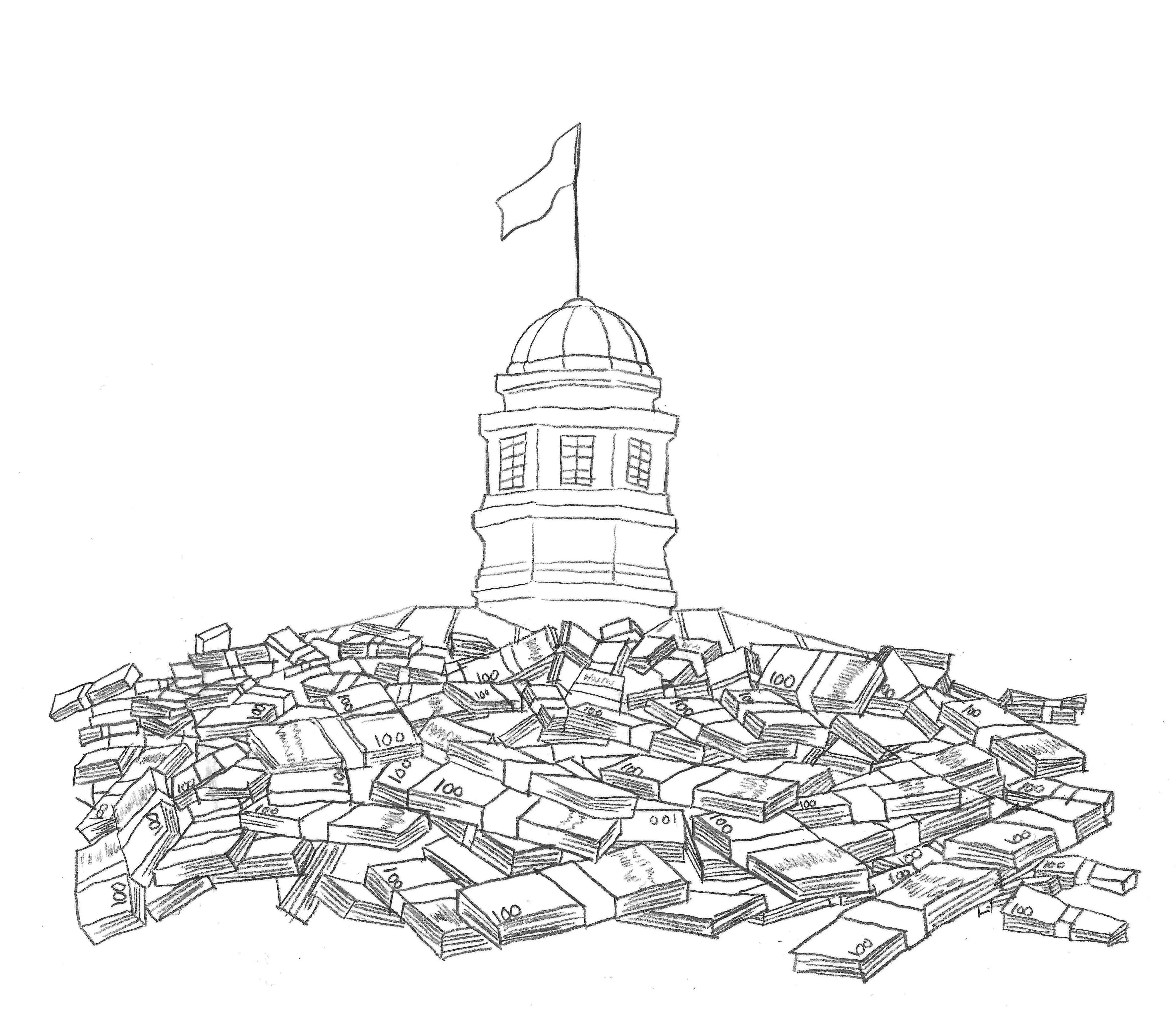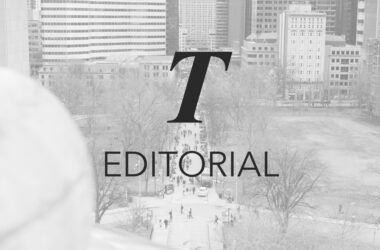As a result of COVID-19, Quebec Premier François Legault has mandated that non-essential businesses and services shut down until at least April 13, leaving many McGill students without work. The cancellation of student internships and entry level jobs have left self-supported students without an income to pay for their tuition, rent, and groceries. Due to their inability to make a living wage and pay for housing, many students will likely need to drop out of McGill if loans and financial aid cannot cover their tuition fees. The McGill administration must take students’ financial crises into consideration in the coming months and develop strategies to accomodate students struggling financially during, and after this pandemic.
The economic crisis that has accompanied the COVID-19 pandemic will continue to negatively impact the McGill community. In Canada, employment insurance claims have already reached nearly 1 million, and experts are anticipating a recession that could surpass that of 2009. Not only will many students not be able to pay rent and tuition, but even more will have to deal with the stress of family members being laid off. In a tighter financial climate, companies and organizations may be less willing to fund graduate research in an effort to save money putting both graduate students and their supervisors in a financially difficult position.It is also not a burden borne equally: Asian businesses were the first to suffer, even before the pandemic directly affected North America, as a result of discriminatory attitudes and racist fears from customers.
The federal and provincial governments have taken steps to support those in financial crisis. Canadian residents who make over $5000 a year are eligible for financial support under the Canada Emergency Response Benefit Act. However, not all international students will be eligible to receive aid, considering some may not have worked extensively enough to earn $5000 over the last year while also completing their degree. The McGill administration should clarify these rules and processes to McGill students. While McGill has been sending out daily updates regarding campus closure and course work, they have yet to acknowledge the economic challenges that students are facing. The university must provide more updates on what these obstacles are and what McGill will be doing to support students who are struggling financially.
As a small measure to assist students during this time, the administration has waived interest and late payment fees. Moreover, following the cancellation of several internships, the Arts Internship Office extended the application deadline for the Arts Undergraduate Research Internship Awards (ARIA). However, while research remains an option for some students to replace summer internships or work, it may also be difficult for students to find professors who are willing to work in conjunction with them while campus is closed.
McGill is also offering emergency funding to students with immediate financial need. However, with so many students out of work, the university will need to find more ways to either reduce tuition fees or increase financial aid. The administration could also consider delaying due dates for tuition fees.
While the Quebec rental board has suspended eviction hearings, students have been called to take part in a rent strike in solidarity with all Montrealers who cannot pay rent at this time. McGill’s now-empty residence buildings could be offered as subsidized housing to students who can no longer pay rent during the summer, once social distancing recommendations allow for it.
Students who are struggling financially should contact the McGill Scholarships and Student Aid Office for more information and financial assistance. Moreover, students should continue to reach out to friends and peers for support during this emotionally draining time. To help prevent the spread of COVID-19, students must also continue to practice social distancing and washing their hands; preventing the spread of the disease will mitigate the effects of the coming recession, dampening financial consequences for the most drastically affected.









